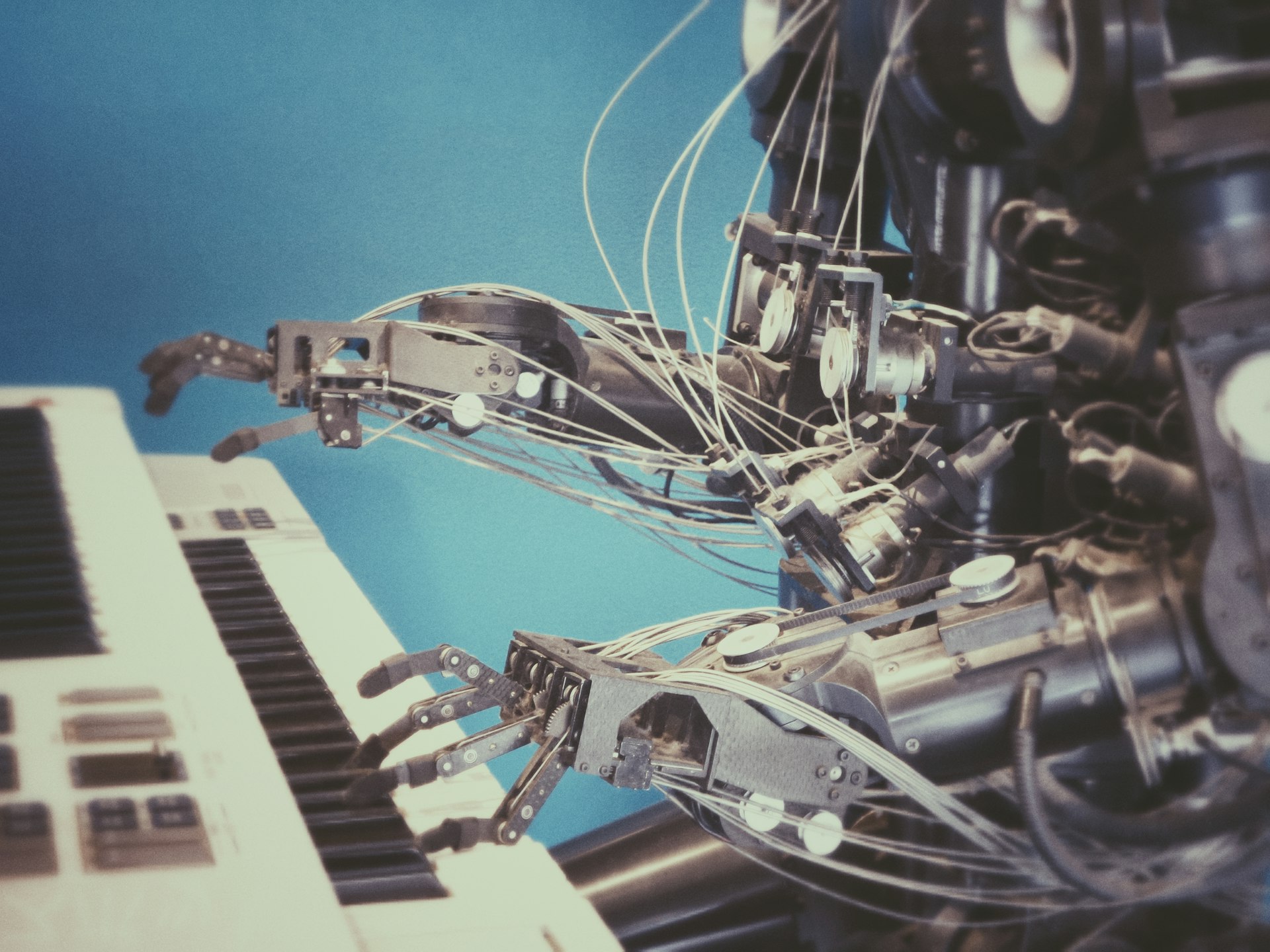How the Scientific Revolution Transformed History and Modern Society

Photo by Birmingham Museums Trust on Unsplash
Introduction: The Turning Point of the Scientific Revolution
The Scientific Revolution was a pivotal era spanning roughly from the mid-16th to the late 18th century. It marked the emergence of modern science, fundamentally altering the way humans understood the natural world and their place within it. This transformation was driven by groundbreaking developments in mathematics, physics, astronomy, biology, and chemistry, which collectively shifted society from ancient and medieval worldviews to methods rooted in observation, experimentation, and logic [1] .
Origins and Key Drivers of Change
The roots of the Scientific Revolution lay in a synthesis of ancient knowledge and new questioning mindsets. European scholars drew upon Greek, Roman, Byzantine, and medieval Islamic science, but they began to challenge long-held assumptions. The Renaissance and Reformation fostered a climate of intellectual curiosity and skepticism, encouraging thinkers to scrutinize traditional beliefs and religious doctrine [2] . The invention of new instruments-such as the telescope, microscope, and barometer-enabled researchers to observe and measure phenomena with unprecedented accuracy, catalyzing discoveries that undermined centuries-old theories [4] .
Core Innovations and Paradigm Shifts
One of the most significant contributions of the Scientific Revolution was the adoption of the scientific method . This approach emphasized systematic experimentation and empirical evidence as the foundation for knowledge. Scientific societies, such as the British Royal Society, provided platforms for researchers to share findings, validate discoveries, and foster collaborative progress [2] .
Major figures like Nicolaus Copernicus, Galileo Galilei, Johannes Kepler, and Isaac Newton challenged the geocentric worldviews of Aristotle and Ptolemy, introducing heliocentrism and the laws of motion and gravitation. Their work laid the groundwork for a new cosmology, where nature was increasingly seen as a machine governed by universal laws rather than mysterious forces [1] [3] .
Societal Impacts and Lasting Legacy
The Scientific Revolution did not merely transform science-it reshaped society. The traditional dominance of religious dogma in explaining natural phenomena gave way to rational inquiry and empirical observation. This shift challenged established institutions and led to new forms of communication, such as scientific journals and academic societies, that elevated science as an autonomous discipline [3] .
One notable outcome was the Enlightenment , a movement that championed reason, skepticism, and human progress. The values of the Scientific Revolution-logic, skepticism, and empiricism-became central to Western thought. These ideas also fueled the Industrial Revolution , enabling technological innovations that transformed economies and daily life worldwide [5] .
Furthermore, the Revolution promoted the idea that knowledge should be tested, shared, and reviewed, leading to the establishment of universal laws and the development of predictive models. This foundation continues to underpin scientific research and technological advancement today [4] .
Practical Steps: Accessing Resources and Advancing Scientific Inquiry
If you wish to explore the history and impact of the Scientific Revolution or contribute to the ongoing pursuit of scientific discovery, consider the following approaches:
- Consult reputable educational resources such as academic databases, university libraries, and established science organizations. For example, you can search for “Scientific Revolution” on platforms like JSTOR, the Encyclopaedia Britannica , and the Wikipedia page for peer-reviewed summaries and primary sources.
- Engage with scientific societies. Many organizations, such as the Royal Society in the UK or the American Association for the Advancement of Science (AAAS), offer public lectures, digital archives, and research opportunities. Visit their official websites for membership and event details.
- Participate in online forums and educational courses. Platforms like Coursera and Khan Academy provide courses on the history of science and the methods of scientific inquiry. Use verified search terms such as “history of science online course” to locate these resources.
- If seeking primary documents or rare manuscripts, contact national archives or university special collections. Many institutions provide digital access to historical works by Copernicus, Galileo, Newton, and other pioneers.
For students or professionals interested in advancing scientific research, consider joining or forming study groups to collaborate on experiments, share findings, and discuss new developments. Accessing peer-reviewed journals and attending conferences can also foster engagement with the latest scientific paradigms.

Photo by Birmingham Museums Trust on Unsplash
Challenges and Alternative Perspectives
The Scientific Revolution was not without controversy. Its emphasis on rationality and empirical evidence sometimes conflicted with religious and philosophical traditions, leading to opposition and debate. In some cases, new scientific ideas were met with skepticism by both the public and established authorities. Overcoming these challenges required persistent advocacy, transparent communication, and the gradual demonstration of practical benefits.
Alternative approaches to understanding nature-such as alchemy, astrology, or mystical philosophy-were gradually marginalized but continue to be studied in historical and cultural contexts. Today, interdisciplinary research encourages dialogue between science and other fields, recognizing that multiple perspectives can enrich human understanding.
Key Takeaways and Continuing Influence
The Scientific Revolution fundamentally altered human history by shifting the pursuit of knowledge from faith and tradition to observation, experimentation, and reason. Its legacy is evident in modern scientific practice, technological innovation, and the continuing expansion of human inquiry. Whether through academic study, professional research, or personal curiosity, the principles established during this era continue to inspire new generations to explore and understand the world.
References
- [1] Wikipedia (2024). Scientific Revolution – Overview and key developments.
- [2] Lumen Learning (2024). The Scientific Revolution – Historical context and causes.
- [3] Encyclopaedia Britannica (2024). Scientific Revolution – Definition and impact.
- [4] World History Encyclopedia (2024). Scientific Revolution – Instruments and methodology.
- [5] Study.com (2024). Effects of the Scientific Revolution – Societal and philosophical changes.
MORE FROM resultsdiscount.com













